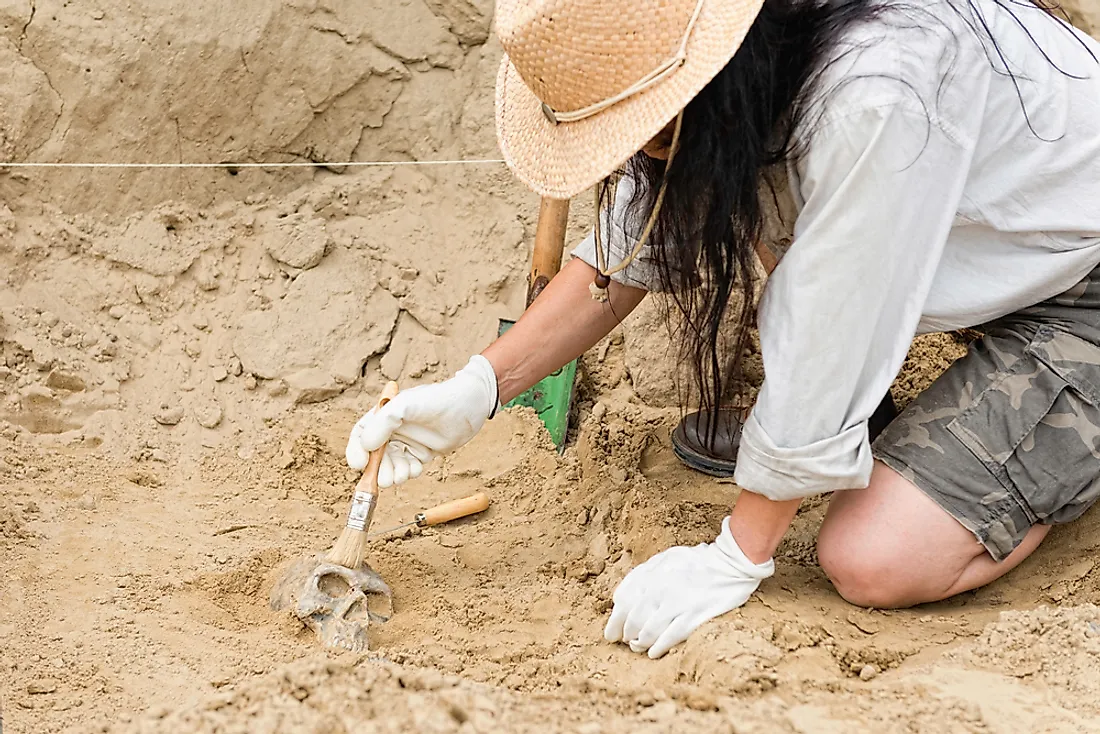

Archaeologists in northwest China’s Shaanxi Province have discovered the tomb of the founding emperor of the Northern Zhou Dynasty (557-581) in the city of Xianyang, according to the Shaanxi Academy of Archaeology on Tuesday.
The emperor was named Yuwen Jue. His tomb is located in Beihe Village, Weicheng District, Xianyang. The area has a concentrated distribution of high-grade tombs from the Northern Dynasties (439-581) to the Sui and Tang dynasties (581-907).
The tomb, which faces south, is a single-chamber soil cave tomb with four patios in the sloping tomb passage. The total length of the tomb is 56.84 meters from north to south, and the bottom of the tomb is 10 meters below the current surface. It is a medium-sized tomb from the Northern Zhou Dynasty.
The tomb was once looted, and 146 burial objects have been unearthed by archaeologists so far, mainly pottery figurines.
Based on the epitaph on the eastern side of the tomb’s entrance, archaeologists have ascertained that the owner of the tomb was the emperor Yuwen Jue (542-557).
The discovery of the tomb is of great significance to historical research on emperors of the Northern Dynasty, said Zhao Zhanrui, assistant researcher at the academy.